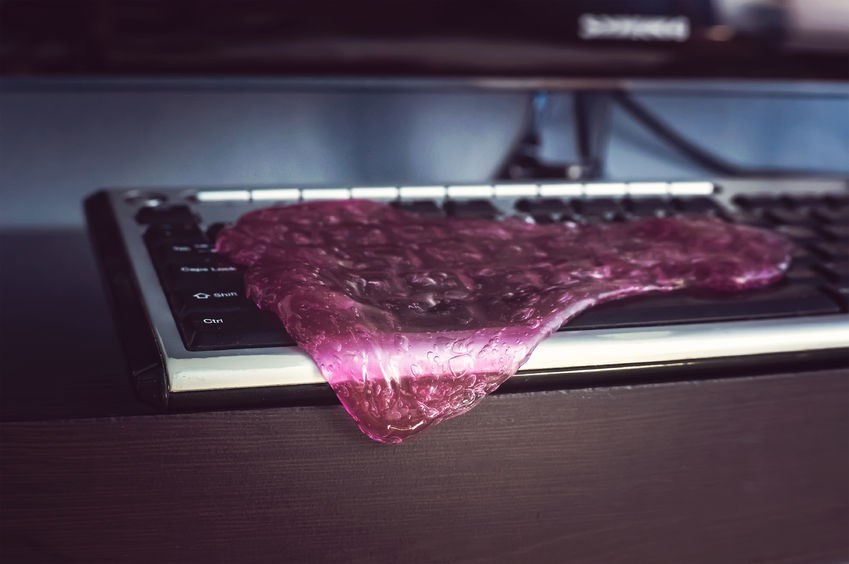Spring Cleaning your Tech (Part 2)

In part one we walked you through a refreshing tech cleanse, a hard-goods banishing of cheeto-dust and fingerprints. In part 2 we’re going to delve into the harder things of device maintenance. We’re talking about the upkeep of the actual innards of your favorite and most finicky devices; your smartphone, tablet, home computer or laptop.
Spring cleaning for computers:
1) Delete Apps/Programs you’re not using
Every application has a cost! Whether it’s in draining battery life, CPU (processing), RAM (random access memory), or simply disk space, unused applications have a big effect on your device’s performance. And you may not realize it, but some applications will install secondary utilities that run constantly, even when an application isn’t directly in use.
Each device has a slightly different approach to App deletion, I’ve listed links to some common ones below:
- Windows: https://support.microsoft.com/en-ca/help/4028054/windows-repair-or-remove-programs-in-windows-10
- Apple: (Desktop): https://support.apple.com/kb/PH25083
- iOS: https://support.apple.com/en-us/HT207618
- Android: https://support.google.com/googleplay/answer/2521768
Be sure to check that any desktop applications you’re trying to delete don’t have uninstall software you should run instead (these are designed to pick up any loose ends that the system’s uninstaller might miss).
2) You should probably run those software updates you’ve been meaning to run
New vulnerabilities and performance tweaks are being made constantly. These updates definitely won’t do you any good AFTER your device has been hacked. Make a habit of doing this regularly (or automatically) to avoid problems and to access your device’s newest features.3) How’s your backup plan looking?
If you don’t already have a backup plan, you’ll want a solution that gets you what’s known as a 3-2-1 plan. Set up properly, this gives you:
- At least 3 copies of your data
- On at least 2 different mediums
- With at least one being off-site
If you already have a networked or external drive for your photos, music and other important data, make it a habit to plan transitioning your data periodically to a fresher home.
The lifespan of a hard drive can be anywhere in the realm of 5-10 years, but the odds of failure can jump considerably after 2 years of use. SSD (Solid State Drive) or HDD (Hard Disk Drive), they will all fail eventually.
4) What kind of security do you have?
Keep your private information private! Update your passwords regularly, and use a password solution like PC Mag recommended Dashlane or LastPass to take the headache out of managing your passwords.

